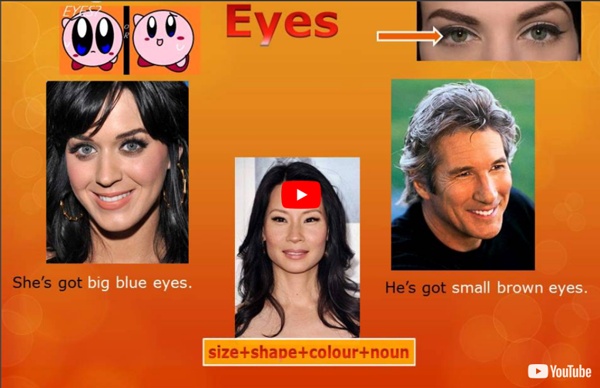



30 Incorrectly Used Words That Can Make You Look Bad While I like to think I know a little about business writing, I often fall into a few word traps. For example, "who" and "whom." I rarely use "whom" when I should. Even when spell check suggests "whom," I think it sounds pretentious. So I don't use it. And I'm sure some people then think, "What a bozo." And that's a problem, because just like that one misspelled word that gets a resumé tossed into the "nope" pile, using one wrong word can negatively impact your entire message. Fair or unfair, it happens. So let's make sure it doesn't: Adverse and averse Adverse means harmful or unfavorable; "Adverse market conditions caused the IPO to be poorly subscribed." But you can feel free to have an aversion to adverse conditions. Affect and effect Verbs first. As for nouns, effect is almost always correct; "Once he was fired he was given twenty minutes to gather his personal effects." Compliment and complement Compliment is to say something nice. For which I may decide to compliment you. (Seriously.
Comparison of Adjectives 1. Apples are than chips. (healthy) 2. 3. 4. 5. 6. 7. 8. 9. 10. 11. 12. 13. 14.French is than English. 15. 16. 17. is than money. 19. 20. Comlete the chart: Example: short - shorter - the shortest Comparative-Superlative Quiz Interactive exercices Look at the picture. Compare the Donkey, Shrek, Princess and Prince in the chart. Cumberland River Review Grammar Wonderland (Elementary) Lite Where the Writers Go to Write - Writing.Com Welcome to Writing-World.com! 60 Historical Photos Worth 1000 Words posted by Katharine J. Tobal The American newspaper editor Arthur Brisbane said that “a picture is worth a thousand words” in 1911. Over 100 years later, this still rings true. Each photograph tells a story, a special event or moment, and helps us witness the past. 1. 2. 3. 106-year-old Armenian Woman Guards Her Home, 1990 4. 5. 6. 7. 8. 9. 10. 11. 12. 13. 14. 15. 16. 17. 18. 19. 20. 21. 22. 23. 24. 25. 26. 27. 28. 29. 30. 31. 32. 33. 34. 35. 36. 37. 38. 39. 40. 41. 42. 43. 44. 45. 46. 47. 48. 49. 50. 51. 52. 53. 54. 55.Nagasaki, 20 Minutes after the Atomic Bombing in 1945 56. 57. 58. 59. 60. About Author Katharine J. I'm Syrian activist, reporter, photographer, and graphic designer.
How to Start a Novel Time to confess: I’m a closet novelist. For the last six years, I’ve been sitting on a great plot, but I find the idea of writing a novel daunting. A few days ago, my best friend said to me, “You should write your novel this year. You know, the one where the young woman is in a bus in Rio de Janeiro, and she suddenly hears…” “You remember the story? “Of course I remember! I’m still uncertain whether to start writing the novel or not. What about you? Are you a closet novelist? Maybe you have great ideas but you wonder how to start. To make things easier, I asked five experts how to start a novel. 1. The first step I take after being struck with an idea for a novel will seem like a non-step, but it’s critical—just as important as the second step, which is research, research, research. The first step doesn’t involve any books or paper or pencils. It doesn’t require speaking with another living soul, either. I consider: Does the idea have the legs required to last the length of a novel? 2. Why? By C.